Cape Town Jazz Fest’s Rashid Lombard picks his favourite tunes
Africa is credited as the progenitor of jazz, not only because the first practitioners of the genre were Africans living in America in the early 20th century, but also in its general approach to rhythm, groove and instrumental improvisation.
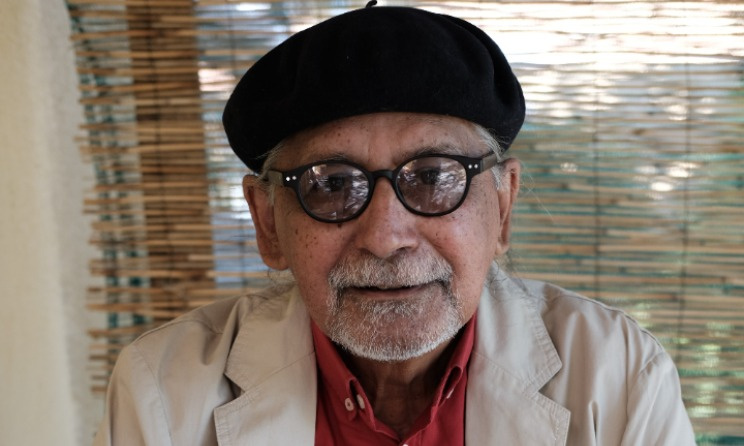 Rashid Lombard. Photo: Shamiel Albertyn
Rashid Lombard. Photo: Shamiel Albertyn
African artists later combined the jazz styles of the US with the many traditional musical forms on the continent, and in the process evolved the genre.
Musicians such as Mulatu Astatke, Miriam Makeba, Hugh Masekela, Isaiah Katumwa, Manu Dibango and Oliver Mtukudzi, as well as younger artists like Kesivan Naidoo, Marcus Wyatt and Judith Sephuma, are some of the names that point to a rich jazz tradition on the continent.
As the world celebrates International Jazz Day, Music In Africa spoke to photojournalist and the co-founder and director of Cape Town International Jazz Festival, Rashid Lombard. A staunch jazz fanatic himself, Lombard believes that “the term jazz from an African perspective will always be a point of discussion. I am sharing my journey and I hope the future generation can learn from it”, he says. Lombard adds that jazz musicians are some of the most fascinating people in the world of music – learning, interpreting, deconstructing, creating, performing and perfecting every idea.
The inspiration behind the festival
“Let me give some context. With the isolation of South Africa during the 1970s and 1980s, there was this hunger to see international musicians perform in the country in a festival atmosphere that brought people of all persuasions together,” Lombard says. “With that in mind, our vision was to create a festival of international standard where the best musicians from the rest of the world are combined with those from Africa. The Cape Town International Jazz Festival, which I co-founded in 2000, was based on my love for jazz music. It was important from the outset that we get the programming formula right. We interrogated the term ‘jazz’ to bring together music lovers from all over the country and worldwide to participate communally in their love of the art.
Forging an eclectic festival
“During my travelling and networking at major jazz festivals globally, such as the Montreux Jazz Festival (Switzerland), the New Orleans Jazz and Heritage Festival (US) and the North Sea Jazz Festival (Netherlands), and so on, it became evident that the programming was both jazz and related music, including fusion, blues, African and experimental, So we decided that our programming would also be an equal split between African artists and musicians or groups from the rest of the world – this gave the festivalgoers so much choice. The cornerstone of a solid festival is the programming. Today, a jazz festival is a multifaceted, multi-dimensional series of events where the genre as a music form is a central core of a much broader and more extensive experience. Festivalgoers need to feel and gain confidence that the programmers know what they are doing and know their audience as well as the music and culture. There is no natural way to ‘test’ this other than doing it. Sensibility and sensitivity are required as the programmers also have to build confidence amongst artists, managers, booking agents, audiences and sponsors of a solid and trusted reputation.”
Lombard has curated a playlist for Music In Africa of the most memorable African jazz bands he has programmed during his tenure as the festival’s director.
Tote by Jimmy Dludlu
Tjontjobina by Bhudaza
Chileshe by Hugh Masekela
Bayam Sellam by Manu Dibango
Ndakuvara by Oliver Mtukudzi
Sangue de Beirona by Cesaria Evora
Welela by Miriam Makeba
Serin Fallu by Youssou N’Dour
Ngarbuh by Richard Bona
Ife by Lionel Loueke
Mountain Shade by Moses Taiwa Molelekwa







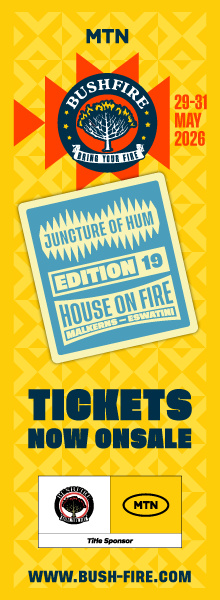













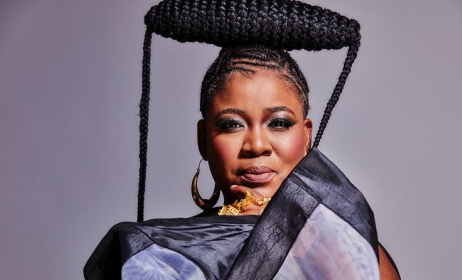


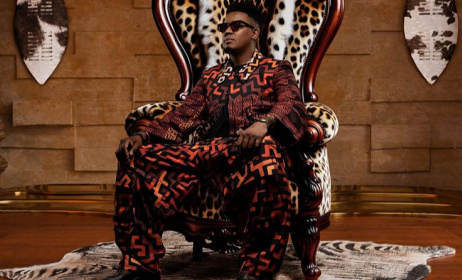
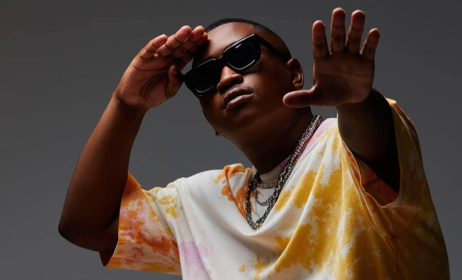


Comments
Log in or register to post comments